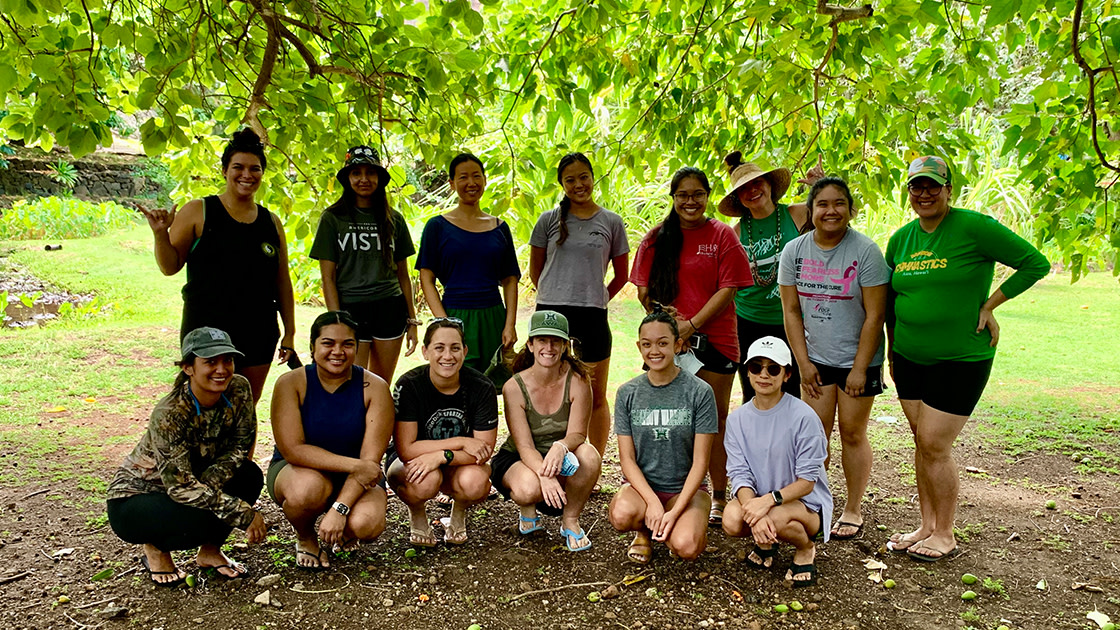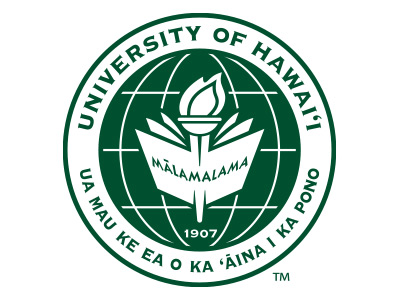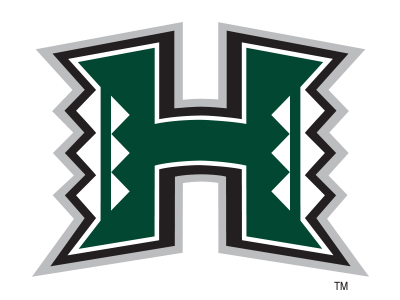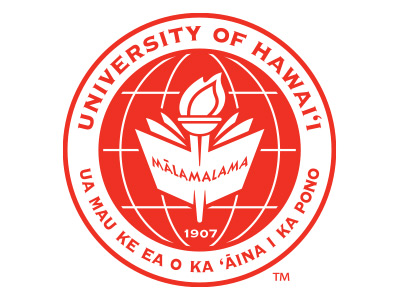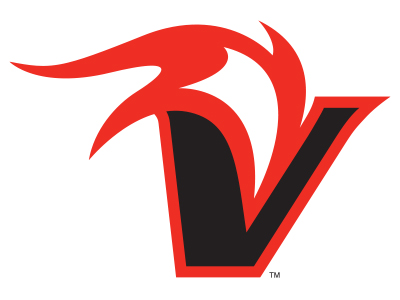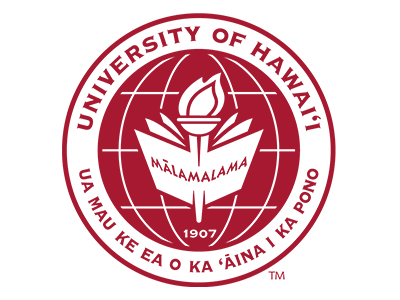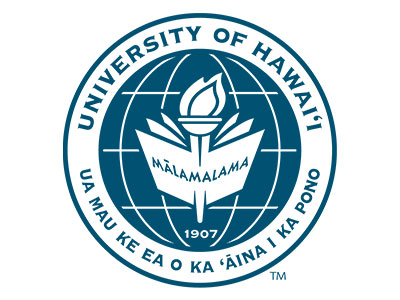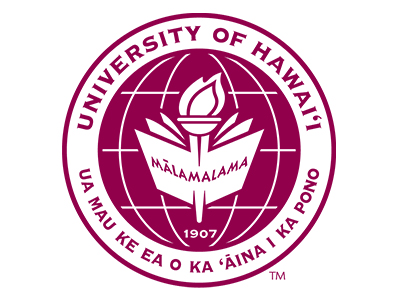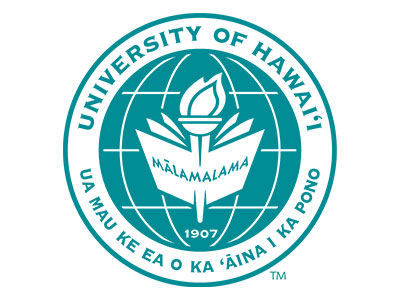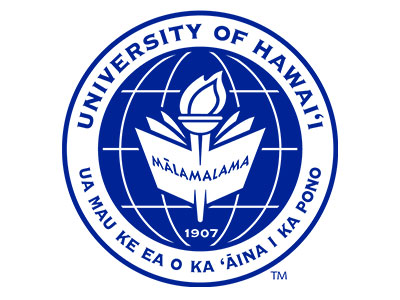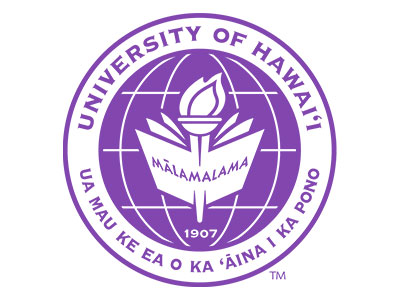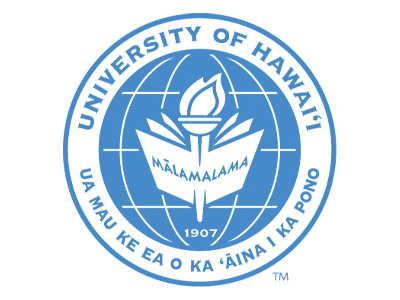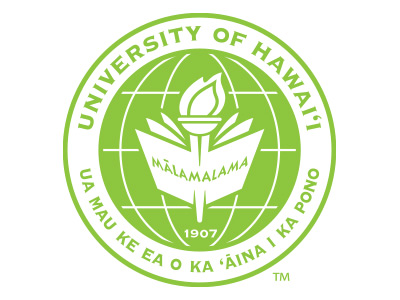Help the Thompson School of Social Work & Public Health make a difference in Native Hawaiian and Indigenous Health
The United Nations Permanent Forum on Indigenous Issues Working Group defines Indigenous communities, peoples and nations as those which, having a historical continuity with pre-invasion and pre-colonial societies that developed on their territories, consider themselves distinct from other sectors of the societies now prevailing on those territories, or parts of them.
They form at present non-dominant sectors of society and are determined to preserve, develop and transmit to future generations their ancestral territories, and their ethnic identity, as the basis of their continued existence as peoples, in accordance with their own cultural patterns, social institutions and legal system.
This MPH specialization is designed to provide students with skills and training necessary to serve Indigenous people and assist in addressing their health and wellness needs.
Indigenous people throughout the world experience grave health and socioeconomic disparities. Many of the current inequities are the result of historical national and local policies designed to eliminate and/or assimilate Indigenous people. Knowledge of history, policy, health determinants and ethics is essential to address and eliminate the inequities faced by Indigenous people.
Students enrolled in the Native Hawaiian and Indigenous Health specialization are required to take advanced level training in Indigenous health policy, ethics and research design. There is opportunity for students to choose from Native Hawaiian and Indigenous Health electives in many areas across the campus. Students will participate in on-going research programs with Indigenous communities through a practicum assignment.


